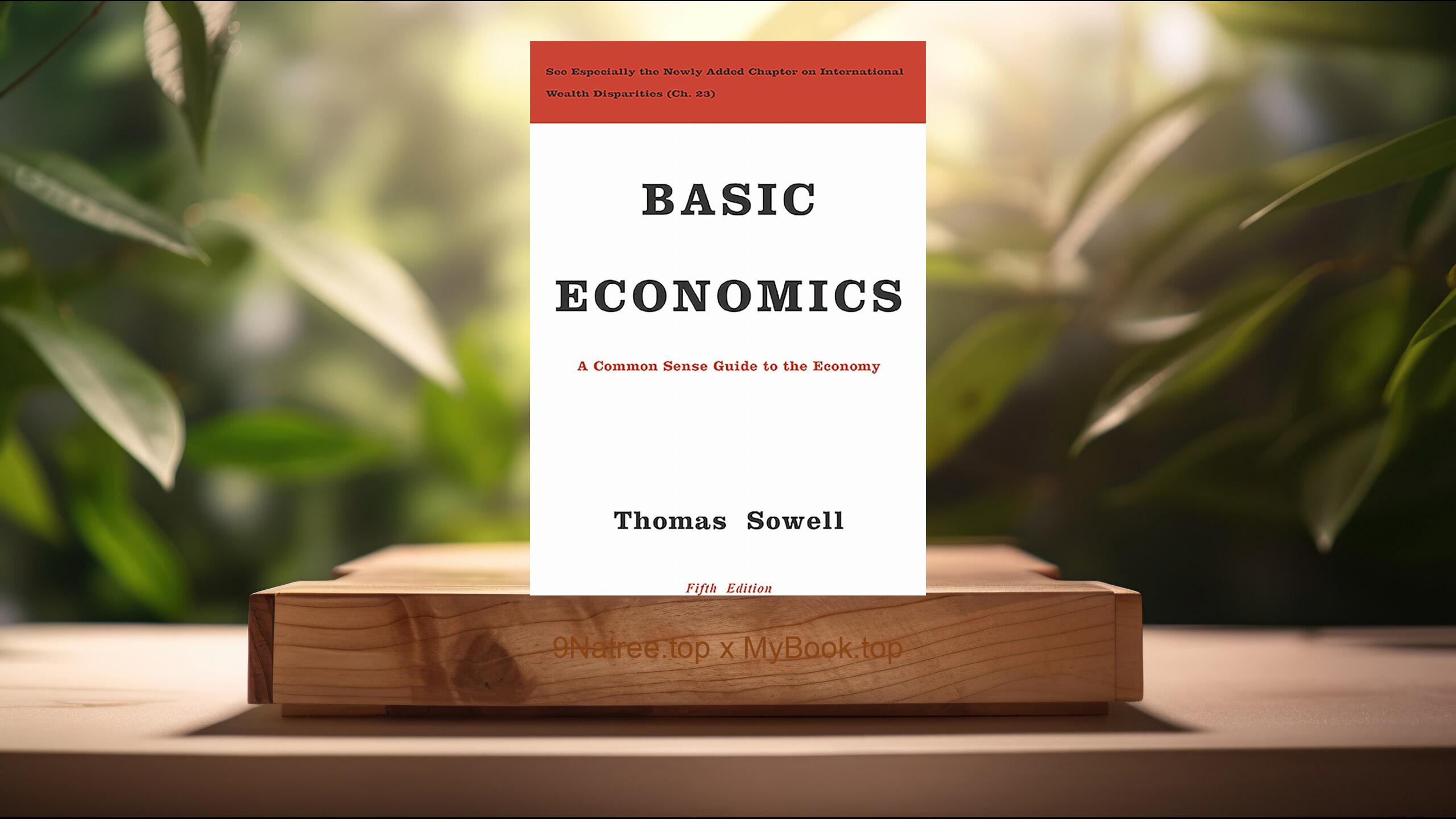Show Notes
- Amazon US Store: https://www.amazon.com/dp/B086DK2DXV?tag=9natree-20
- Amazon Worldwide Store: https://global.buys.trade/How-to-Budget-Manage-Your-Money-Rachel-Mercer.html
- Apple Books: https://books.apple.com/us/audiobook/budgeting-how-to-make-a-budget-and-manage-your/id1099376685?itsct=books_box_link&itscg=30200&ls=1&at=1001l3bAw&ct=9natree
- eBay: https://www.ebay.com/sch/i.html?_nkw=How+to+Budget+Manage+Your+Money+Rachel+Mercer+&mkcid=1&mkrid=711-53200-19255-0&siteid=0&campid=5339060787&customid=9natree&toolid=10001&mkevt=1
- Read more: https://mybook.top/read/B086DK2DXV/
#FinancialPlanning #Budgeting #SavingMoney #DebtRepayment #MoneyManagement #PersonalFinance #FinancialFreedom #InvestingBasics #HowtoBudgetManageYourMoney
These are takeaways from this book.
Firstly, Understanding Your Money Mindset, Rachel Mercer begins by addressing the reader's relationship with money, emphasizing that the first step towards effective financial management is understanding your own money mindset. She delves into the psychological aspects of money management, explaining how emotions and personal beliefs about money significantly influence spending and saving habits. Mercer provides tools for identifying and overcoming negative beliefs that hinder financial growth. She encourages readers to adopt a positive money mindset as a foundation for building healthy financial habits. By understanding and adjusting one's attitudes towards money, Mercer argues that individuals are better equipped to manage their finances responsibly and with confidence.
Secondly, Creating a Budget That Works for You, A central theme of the book is the crucial role budgeting plays in personal finance. Mercer outlines a step-by-step guide to creating a realistic and flexible budget tailored to individual financial situations and goals. She underscores the importance of tracking income and expenses to identify unnecessary expenditures and allocate funds towards savings and debt repayment. Mercer introduces readers to various budgeting methods, such as the zero-based budget and the 50/30/20 rule, providing examples to help readers understand how to apply these methods to their own finances. Additionally, she discusses the use of budgeting tools and apps to simplify the process and ensure ongoing success in managing money.
Thirdly, Saving Money Effectively, Mercer dedicates an entire section to the art of saving money, offering actionable advice on how to increase savings regardless of one's income. She discusses the importance of establishing an emergency fund as a financial safety net and provides strategies for prioritizing savings goals, such as retirement or a down payment on a home. Mercer also explores ways to cut expenses without sacrificing quality of life, including negotiating bills, reducing energy costs, and taking advantage of discounts and rewards programs. She emphasizes the power of compounding interest and advocates for early and consistent savings contributions to maximize financial growth over time.
Fourthly, Strategies for Paying Off Debt, In her approach to debt management, Mercer offers clear, practical strategies for paying off debt efficiently. She explains the difference between 'good' debt and 'bad' debt and highlights the psychological and financial benefits of becoming debt-free. Mercer introduces readers to various debt repayment strategies, such as the debt snowball and debt avalanche methods, and explains how to choose the most effective plan based on individual debt situations. She also touches on the importance of maintaining good credit and discusses how to use credit wisely to avoid falling back into a cycle of debt. Mercer's guidance extends to negotiating with creditors and understanding rights and responsibilities as a borrower.
Lastly, Long-Term Financial Planning, The final key topic Mercer addresses is the importance of long-term financial planning. She explains that managing money effectively is not just about short-term gains but about securing a stable financial future. Mercer covers essential aspects of financial planning, including retirement savings, investments, insurance, and estate planning. She provides insightful advice on how to set realistic financial goals, assess risk tolerance, and diversify investments to protect and grow wealth. Mercer emphasizes the value of consulting with financial professionals to tailor a long-term strategy that aligns with personal goals and changing financial circumstances.
![[Review] How to Budget & Manage Your Money (Rachel Mercer) Summarized](https://episodes.castos.com/660078c6833215-59505987/images/1863905/c1a-085k3-jpj3w30ka53-pzj7jr.jpg)




